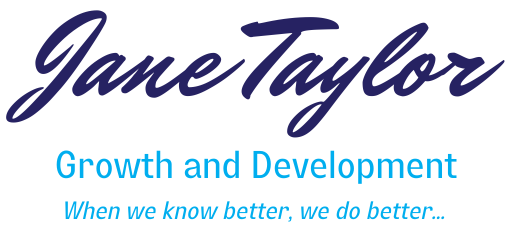What is the Impostor Phenomenon? (aka Imposter Syndrome)

Have you ever felt like you don’t deserve your success? Think your success is because of luck, timing or computer error? Rarely do a task or project as well as you would like? Agonise over the smallest flaws in your work? Crushed by constructive feedback and see it as evidence of your failure? Worry that it is only a matter of time before you’re “found out” you’re not good enough?
If you answered yes to any of these questions, then you will know it doesn’t matter how many degrees you earn, how much acclaim you receive or how high you’ve have risen, you can still feel like a fake, fraud or impostor.
Welcome to the Impostor Phenomenon!
What is the Impostor Phenomenon?
The Impostor Phenomenon is a term that was first used by Pauline Clance and Suzanne Imes (1978)
“…to designate an internal experience of intellectual phonies, which appears to be particularly prevalent and intense among a select sample of high achieving women.” Clance and Imes go on to say – “Despite outstanding academic and professional accomplishments, women who experience the imposter phenomenon persists in believing that they are really not bright and have fooled anyone who thinks otherwise.”
The impostor phenomenon has also been referred to as –
- the Impostor Syndrome (also spelled imposter syndrome) or
- Fraud Syndrome.
In relation to Impostor Syndrome, Wikipedia states –
“Psychological research done in the early 1980s estimated that two out of five successful people consider themselves frauds and other studies have found that 70 percent of all people feel like impostors at one time or another.” As well as, “The impostor syndrome is particularly common among high-achieving women, but there is some evidence it occurs in a comparable number of men. Another demographic group that often suffers from this phenomenon is people of color.”
What are Some of the Features of the Impostor Phenomenon?
According to Clance and O’Toole (1988), some features of a person experiencing the Impostor Phenomenon include –
- “The Impostor Cycle,
- Introversion,
- Dread of Evaluation,
- Terror of Failure,
- Guilt about Success,
- Great Difficulty in Internalising Positive Feedback,
- Generalised Anxiety,
- Overestimating Others Whilst Underestimating Oneself,
- Defining Intelligence in a Skewed Manner, and
- False and Non-Affirming Family Messages.”
(p.4).
What Can I Do About the Impostor Phenomenon?
Here are a couple of posts I have written about the inner critic and imposter phenomenon that may be useful –
- Learn to Befriend The Inner Critic,
- Start Owning Your Authority, and
- Have a look at Amy Cuddy: Your Body Language Shapes Who You Are! and practice your power poses.
To find our more about the Impostor Phenomenon / Impostor Syndrome, click on the following clip.
If you are ready to reclaim your courage and take the next step towards freedom and opening your heart, why not join our Toolkit?
References –
Clance, P.R., & Imes, S.A. (1978). The Impostor Phenomenon in High Achieving Women: Dynamics and Therapeutic Interventions. Psychotherapy: Theory Research and Practice, 15, 241‑247.
Clance, P.R. & O’Toole, M.A. (1988). Impostor phenomenon: An internal barrier to empowerment and achievement.Women and Therapy, 6, 51‑64.
